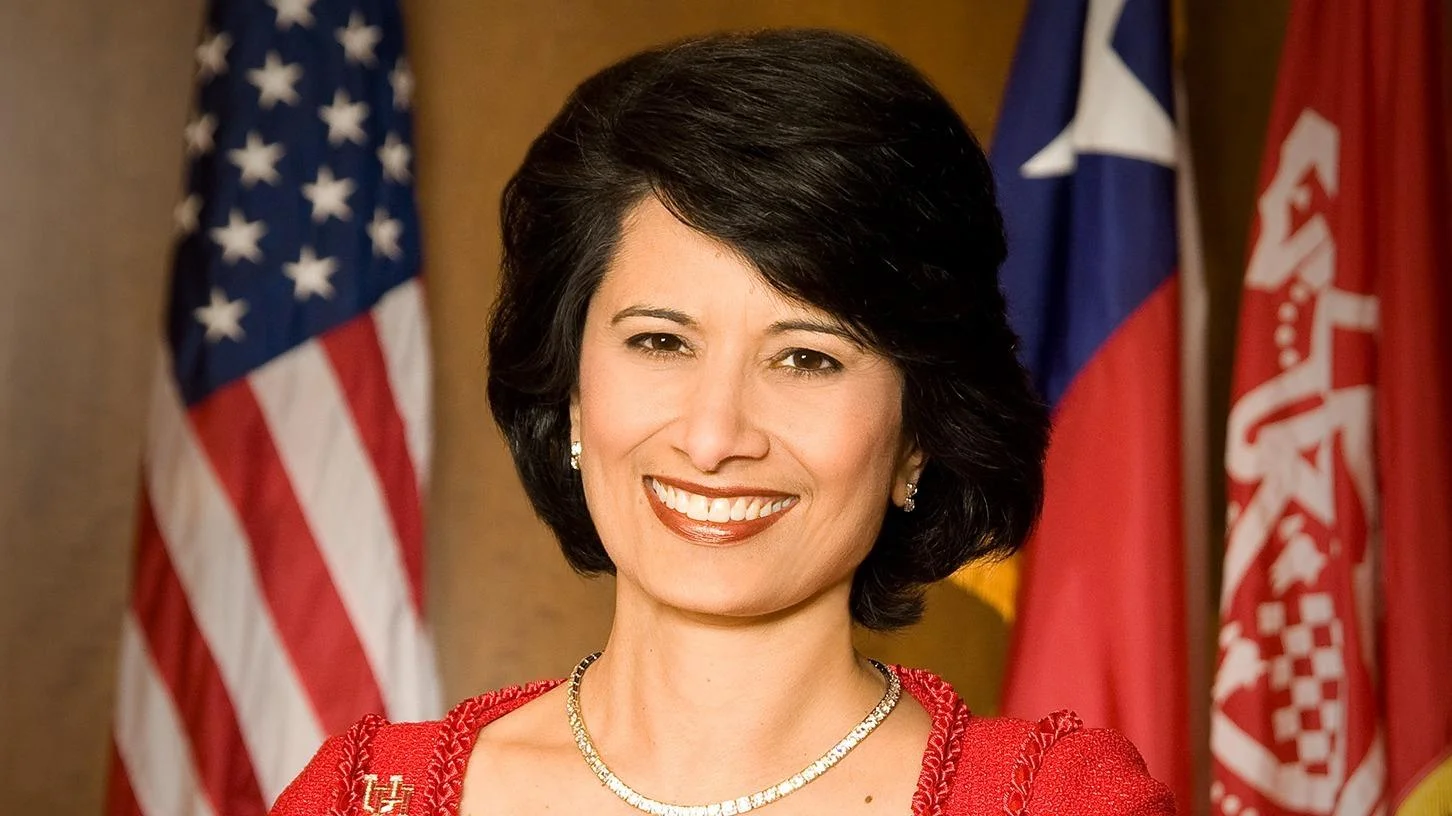The University of Houston Population Health (UHPH) is set to embark on a new research initiative, backed by a $1.9 million grant from the National Institute of General Medical Sciences. The project aims to address disparities in academic publishing among early career faculty, with a focus on supporting scholars from diverse ethnic and cultural backgrounds.
The study, titled "Write from the Start," will explore methods to enhance productivity in scientific manuscript publication. It will involve a randomized trial comparing two models of writing accountability groups (WAGs) for early career faculty. These groups are designed to aid faculty members in developing their academic writing skills.
UH Chief Population Health Officer Bettina Beech highlighted the significance of this research, stating, “Many people are unaware of the disparities in scientific publishing rates among different subgroups of people.” She noted that publications are crucial metrics for faculty evaluations and play a significant role in tenure and promotion decisions.
Beech will lead a 20-week study examining peer-led WAGs integrated with an online education program against those relying solely on the online program without peer guidance. She explained that WAGs involve regular meetings where scholars work towards specific writing goals, such as grant applications or manuscripts.
“WAGs are about habituating writing,” Beech said. “This can help people become successful in their careers.” Participants will engage in these groups over 20 weeks, with their productivity monitored for two years following the study's conclusion.
The study plans to include approximately 120 early career faculty members nationwide. It aims to provide insights into which interventions are most effective and identify subgroups that may benefit the most.
Principal investigators for this initiative include Marino Bruce, director of UHPH Collaboratories and Clinical Professor at the Fertitta Family College of Medicine, and Roland Thorpe, professor and vice chancellor for Faculty Diversity at Johns Hopkins University. Susie Gronseth, clinical professor at UH’s College of Education, is also contributing to the project.
Beech expressed her commitment to preparing future researchers: “One of the most important things I will do in my career is preparing the next generation of scientists to be productive.”

